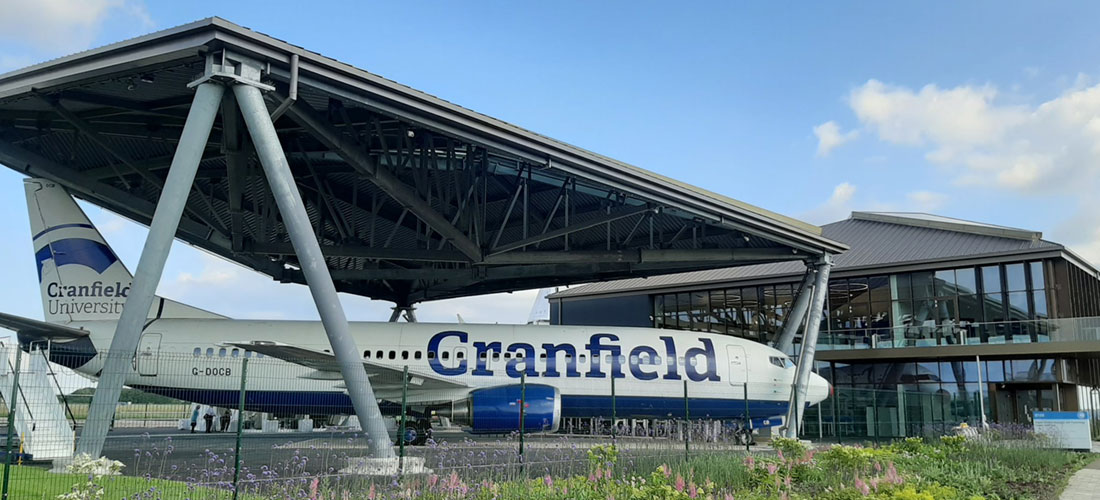Universities, Research and Technology
Boeing has an extensive network of industrial, higher educational and academic partners and suppliers across the UK. Through these relationships, we help to create and sustain thousands of high-grade, high value jobs in the British aerospace industry and wider economy. Our investments also stimulate new capital investment in the UK industrial base, which helps companies maintain their competitive edge.
Boeing works with a number of universities in the UK. They are a key feature of our work and each is focused on a different specific area of research. We value these relationships and they provide us with innovative new technologies and business concepts, education and training for our employees, as well as potential new employees. We are also a member of the Council for Industry and Higher Education.
The University of Bristol partners with Boeing on a number of engineering research programmes which focus on aerospace, civil and mechanical developments, including unmanned aerial vehicles. We support annual student and society events such as hackathons, careers workshops and networking opportunities.
With the University of Cambridge we have an agreement to conduct a number of research projects in the field of highly networked systems. Cambridge is a recognised leader in IT research and this field is of particular interest as it moves towards providing more integrated solutions to its customers.
With Cranfield University, we work on a variety of projects that reflect the university’s reputation and expertise in the areas of aviation, aeronautics and aircraft development. One is the design and production of a sub-scale demonstrator of a Blended Wing Body aircraft, with specifications provided by Boeing, by Cranfield’s wholly owned commercial subsidiary, Cranfield Aerospace Ltd. We’re a founder of the Integrated Vehicle Health Management (IVHM) Centre, a consortium focused on technologies to revolutionise aircraft health monitoring, prognostics and use of acquired data to manage the system. Our employees also study at Cranfield University.
At the University of Sheffield, Boeing co-founded the Advanced Manufacturing Research Centre (AMRC) to develop advanced manufacturing technologies that will help reduce the cycle time and cost of producing aerospace products while improving their quality and performance. The AMRC has grown considerably since it was established in 2001 and now has partners developing new manufacturing technologies that enhance the competitiveness of British industry across a broad spectrum of sectors – not only aerospace - but also marine, automotive, nuclear and medical.
We support various student-led research projects at the University of Southampton that specialise in engineering and supply-chain management.
We partnered with engineering companies including Rolls-Royce and Mettis Aerospace, the University of Strathclyde and the Scottish Government to establish the Advanced Forming Research Centre (AFRC), located near Glasgow Airport. The AFRC develops forming and forging technologies to support the design and manufacture of new products including components structures for airframes, aero engines, landing gear, power generation, cars, ships, medical devices and wind turbines. It aims to bridge the gap between academic research and industrial manufacturing processes.
Boeing is a member of the Welding Institute (TWI) and has bolstered our production processes with licenses from TWI, particularly in the area of friction stir joining. Based on the original licenses, Boeing researchers have continued to develop friction stir joining processes specific to aerospace applications to enhance manufacturing processes and reduce production costs. TWI is an important partner and we work together on a host of projects on a transactional basis including close coordination on Linear Friction Welding of Titanium process development.
QinetiQ is the largest single research and development organisation in the UK, and extensively supports the MoD. A long-term leasing agreement, for use of the QinetiQ 5 metre wind tunnel, has provided commercial and defence programmes access to unique world-class testing capabilities.
